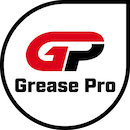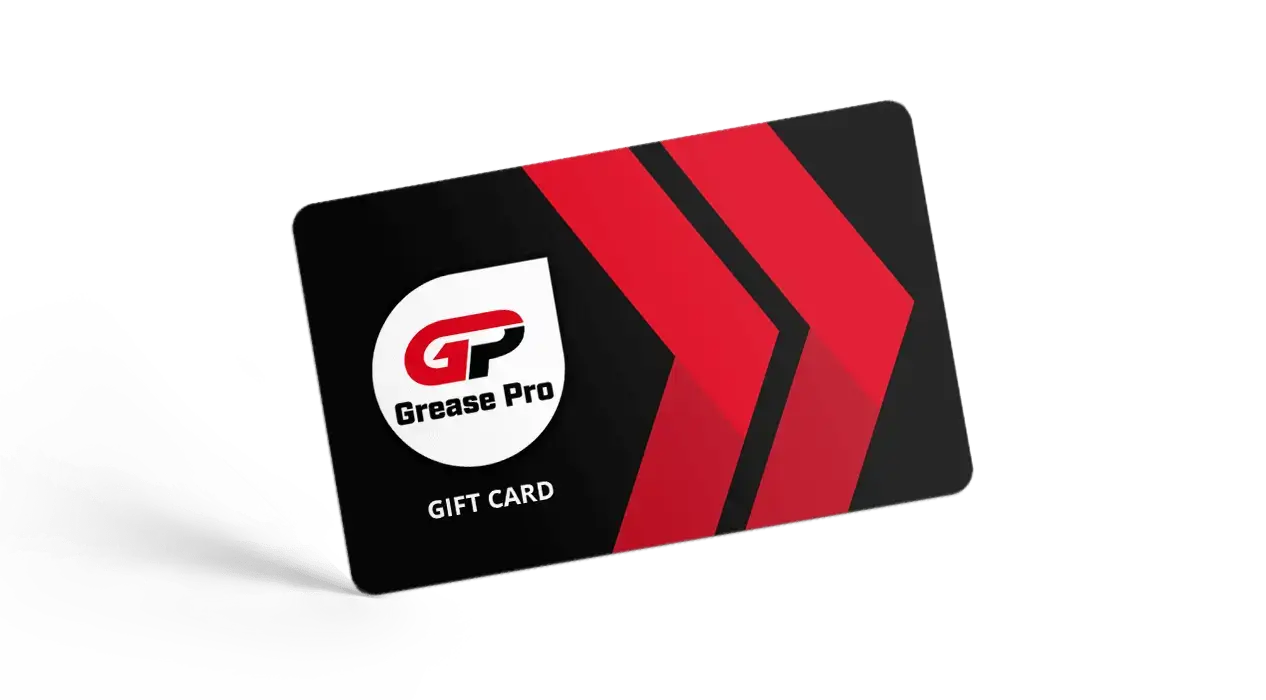Top 10 Car Checks for a Safe Holiday Road Trip
The holiday season is here, bringing many families together through road trips. At Grease Pro, we’re dedicated to making your journey safe and joyful. To ensure your vehicle is ready for holiday adventures, here’s our comprehensive road trip checklist tailored for the most wonderful time of the year.
1. Tire Inspection – Important for Road Trip Safety
Examine your tires as part of your road trip safety protocol. Ensure they have adequate tread depth, are properly inflated, and free from damage. This is vital for safe handling and fuel efficiency, especially on long trips.
2. Brake System – Key to Your Safety
Check your brakes thoroughly, a crucial step in any pre-drive checklist. Listen for unusual sounds and note the responsiveness. If there’s any doubt, have a professional assess them to ensure your safety on the road.
3. Engine and Oil Levels – Maintaining the Health of Your Car
Regular engine and oil checks are pivotal for your vehicle’s health. Check oil levels and quality to prevent overheating, a vital part of any vehicle safety checklist. This ensures a smooth and reliable engine performance throughout your journey.
4. Coolant and Radiator Check – Avoiding Overheating
Your coolant level is crucial in maintaining engine temperature, especially important during the holiday season’s varying climates. Also, inspect the radiator for leaks or damage as part of your car’s checklist to prevent any mid-trip hassles.
5. Battery Health – Reliable Power Supply
Ensure your car’s battery is in good condition, an essential aspect of how to know if your car can make a long trip. Check for signs of wear or corrosion, and if it’s been a while, consider getting it tested or replaced.
6. Lights and Signal Functionality – Communication is Key
Functional lights and signals are vital for visibility and communication, a core aspect of road trip safety. Check all your lights, including headlights, brake lights, and turn signals, to ensure they’re working correctly.
7. Windshield Wipers and Fluid – Clear Vision for Safety
Visibility is crucial, making windshield wipers and fluid an important part of your road trip checklist. Replace any worn wipers and top up your washer fluid to ensure clear vision, no matter the weather.
8. HVAC System Check – Comfort and Visibility
Ensure your car’s HVAC system is functioning properly. Check for proper airflow and temperature adjustment. If the system isn’t heating or cooling effectively, it could indicate a need for maintenance, an important aspect of how to prepare for a road trip.
9. Emergency Preparedness – Essential for Road Trip Readiness
An updated emergency kit should be a staple in your vehicle, especially during the holiday season. This includes first aid supplies, tools, and necessary documentation, ensuring you’re prepared for any scenario.
10. Steering and Suspension – Ensuring Smooth Handling
Check your vehicle’s steering and suspension systems. Make sure the steering feels responsive and there are no unusual noises when turning. The suspension should be firm yet comfortable, providing stability and comfort on various terrains.
Set Off with Confidence This Holiday Season
As you prepare for your holiday road trips, remember the joy of the journey starts with a well-prepared vehicle. By following these essential tips, you’re ensuring a safe, enjoyable, and memorable trip. For a comprehensive checkup and peace of mind, Grease Pro is your go-to destination.
Plan your holiday road trip with confidence! Schedule a visit to Grease Pro for a thorough inspection and tune-up. Let us help you make your holiday journeys safe, enjoyable, and unforgettable. Book your appointment today and hit the highway with assurance!

